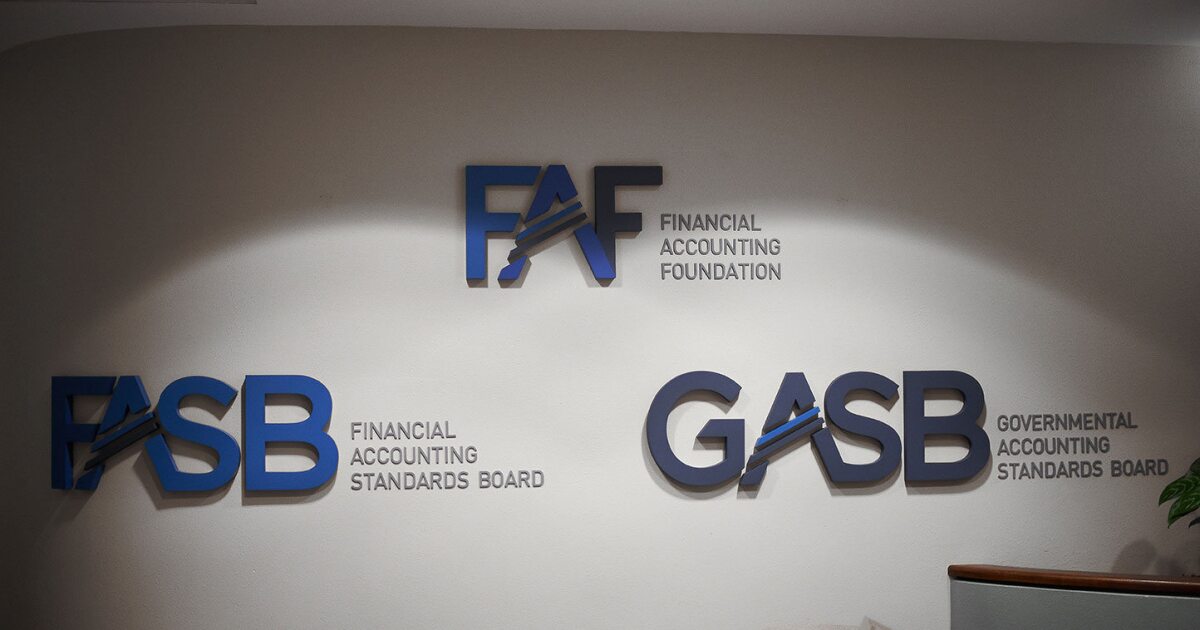The Financial Accounting Standards Board approved its eagerly awaited cryptocurrency asset standard during a meeting Wednesday, measuring the changes in value of digital currencies like bitcoin held by companies.
FASB released an exposure draft in March after previously narrowing the scope of its earlier digital assets project to focus on cryptocurrency such as bitcoin rather than a broader set of assets like nonfungible tokens, or NFTs (see story). FASB also decided to use fair value measurement and had proposed to require, among other things, that entities with crypto assets within the project’s scope would subsequently measure those assets at fair value and recognize changes in the fair value in net income each reporting period.
“I know that some of our stakeholders noted that this is a more fulsome disclosure package than might typically be the case,” said FASB member Christine Botosan. “But I do think that it’s important that we acknowledge that this asset class is pretty unique. It’s a relatively new asset class and trades in very unregulated markets, sometimes very thinly traded. Putting together a really complete set of disclosures to help investors understand not only the fair value at the end of the period, but also what’s going on during the period and to be able to better assess the risk exposure, that the types of disclosures that we’re going to be requiring are just absolutely necessary to get there. I’m really pleased with this set of disclosures. I think it’s going to help the investment community significantly.”
Courtesy of GASB
The project had been one of the most highly requested when FASB did a consultation on its future agenda in 2021 given the popularity of crypto investments at the time.
“In my brief term here, there hasn’t been an issue that has excited such passion from people about something, and it probably wasn’t the accounting,” said FASB chair Richard Jones. “It was really underlying from those who thought it was the best thing coming and others who had a contrary view, but at the end of the day that’s not our mission. Our mission is to best reflect the economics of the transaction and provide investors and allocators of capital with the information they need. I think this moves the needle there. We heard overwhelmingly from investors that allocate capital based on the use of financial statements that this will provide them better information to make their decisions and so I’m fully supportive of it.”
FASB member Sue Cosper acknowledged that the guidance would be restricted to crypto assets, and not nonfungible tokens and so-called “wrapped tokens,” which can trade on different blockchains than where they originated.
“I know there will be some that are disappointed that we haven’t expanded the scope to address wrapped tokens and NFTs and what not,” she said. “But I think that intentionally keeping this project narrow has really allowed us to get this information in the hands of investors sooner.”
Big Four accounting firms and major crypto companies had asked FASB to include wrapped tokens within the new standards, according to Bloomberg News. But the board members want more information about the market before including the tokens within the standard.
FASB’s staff recommended the amendments be effective for fiscal years beginning after Dec. 15, 2024, including interim periods within those fiscal years for all entities. Most of the FASB board members agreed, although some felt an extra year should be allowed for private companies. Early adoption will also be allowed.
“Given that the effective date is effectively fiscal year 2025 for calendar year-end companies, most private companies don’t actually even report on an interim basis so they wouldn’t even be applying it for the first time until 2026, as of the beginning of the year,” said Cosper. “They would have ample opportunity to learn from the public companies, either through those that choose to early adopt or through the ones that adopted it on an interim basis in the first quarter.”
She wants FASB to draft the amendments to make the guidance clearer for not-for-profit organizations, which sometimes receive noncash contributions of crypto.
Credit: Source link











